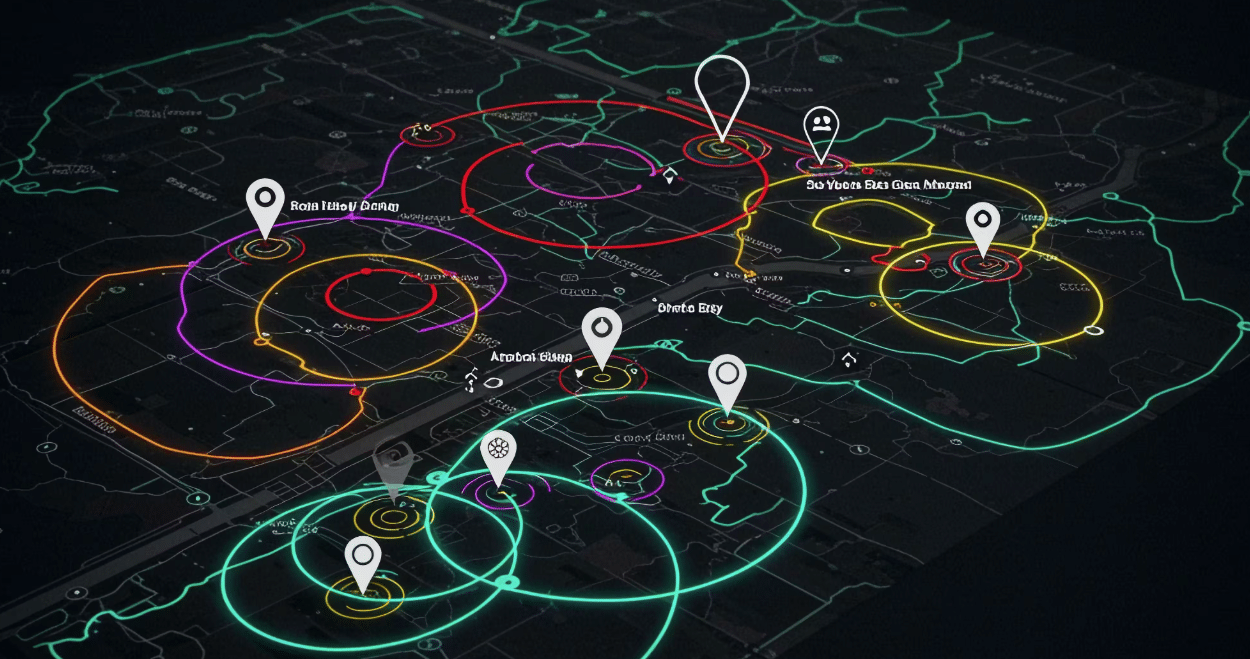A newly-created firm called Show Faith by Works is embarking on a “geofencing” campaign to target Christian churches and colleges across the American Southwest with pro-Israel advertisements. The pastors and congregations themselves are seemingly unaware of this campaign, and some have concerns with Israel’s methods to target Christians.
According to the firm’s filing under the Foreign Agents Registration Act (FARA), Show Faith by Works will “geofence the actual boundaries of every Major (sic) church in California, Arizona, Nevada, and Coloardo (sic) and all Christian Colleges during worship times” and then “track attendees and continue to target [them] with ads” on behalf of Israel. The geofencing campaign is part of a larger $3.2 million contract that also includes trying to hire celebrity spokespeople and paying pastors to produce content.
RS reached out to hundreds of churches in California, Arizona, Nevada, and Colorado that were listed as potential targets of the geofencing campaign. None that responded were aware of the campaign. “We were not aware of that, no—you are the first to bring that to our attention,” said the press office for Bethel Church in Redding, California.
The project manager of the operation, Chad Schnitger, explained in an email to RS that the ads may include “invitations for Christians to visit one of our upcoming Mobile Museum exhibits, or to go to our website to learn more about the program, or to visit Israel with your church.” The firm’s pitch deck describes the ads as “pro-lsreal (sic) and anti-Palestinian.”
The “Mobile Museum” Schnitger is referring to is a mobile trailer coordinated by his firm that will visit Christian colleges and churches highlighting atrocities from the Hamas attack on October 7, as well as “footage of IDF explaining the difficulty of fighting bad guys in hostile territory with civilians.” Schnitger confirmed the firm currently has one mobile museum exhibit, and that it would be ready to start travelling to churches and colleges in about a month.
Geofencing has long been a way for corporations to capture audiences by using their location services. It allows corporations to market their products using the location of mobile devices, triggering texts, in-app notifications, or mobile ads when users enter a certain physical boundary.
In an interview with RS, Megan Iorio, Senior Counsel at the Electronic Privacy Information, described geofencing as a “privacy nightmare.” Iorio explained that data brokers vacuum up data from various applications that use location services, and then will either sell that data to marketing firms or offer marketing tools themselves. Then, users with location services enabled might, for instance, see an H&M advertisement if they walk within a certain radius of an H&M store.’
Fair use excerpt. Read the rest here.

